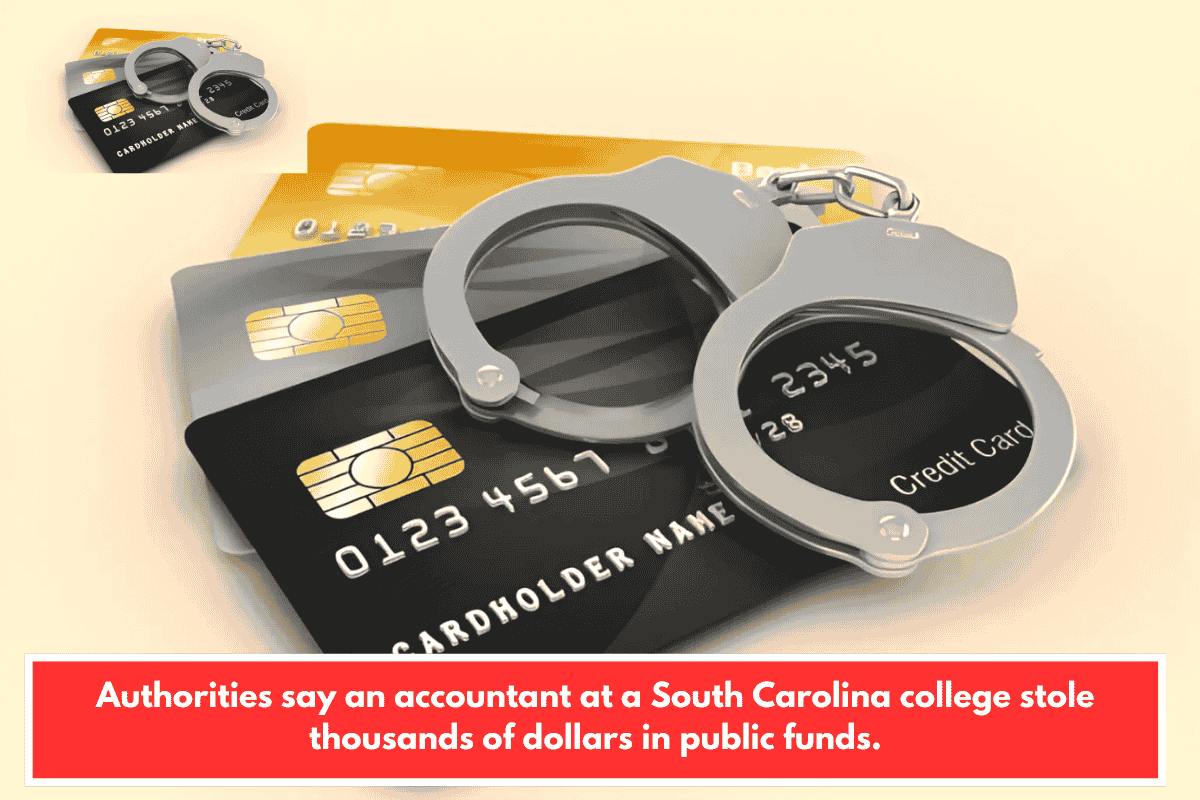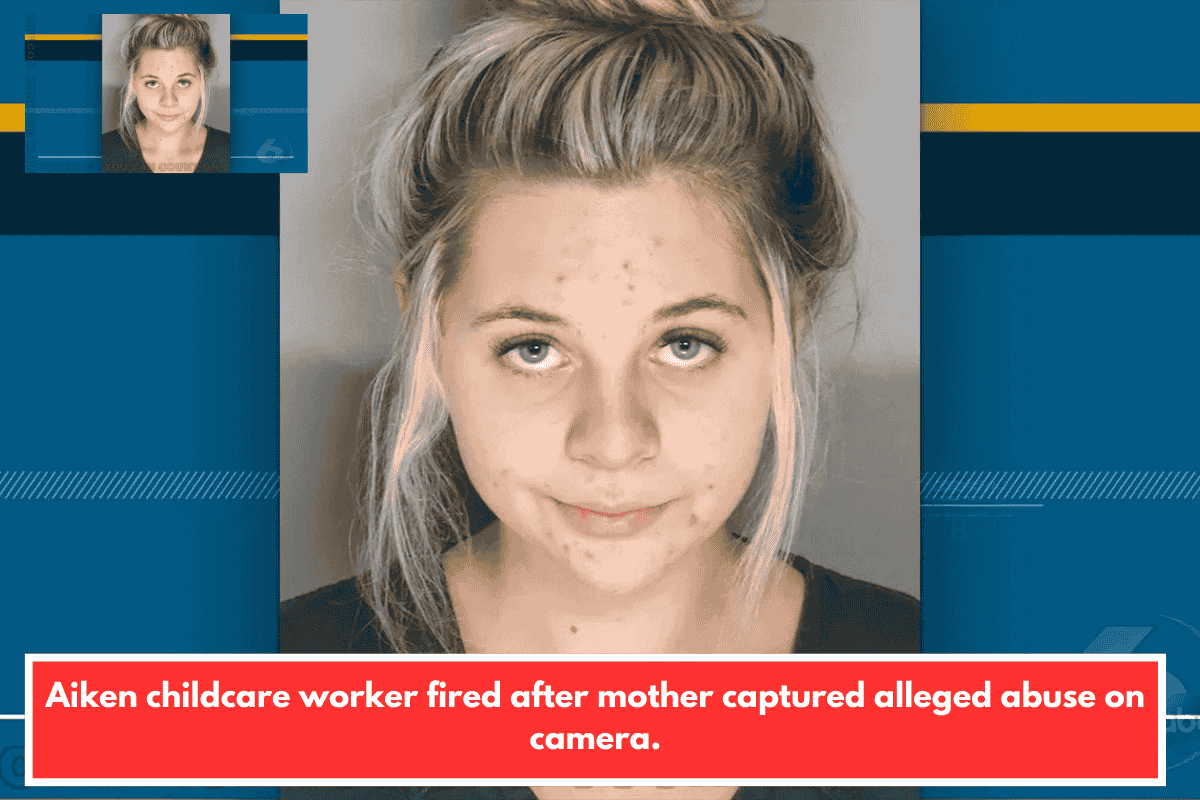As we age, certain responsibilities, like renewing your driver’s license, may require extra attention. In North Carolina, seniors have specific guidelines and rules when it comes to renewing their driver’s licenses. Understanding these rules can make the process smoother and ensure that senior drivers stay safe and compliant with the law. If you’re a senior in North Carolina, here’s what you need to know about license renewal.
License Renewal for Seniors in North Carolina: Key Information
In North Carolina, drivers are required to renew their licenses periodically, with some differences based on age. For seniors, the renewal process is slightly different than it is for younger drivers.
- Renewal Frequency for Seniors: North Carolina law requires drivers over the age of 66 to renew their driver’s license every five years rather than the usual eight-year renewal period for those under 66. This more frequent renewal process helps ensure that senior drivers continue to meet the physical and mental requirements for driving.
- Vision Tests: One of the most common requirements for seniors when renewing their license is a vision test. As people age, vision can deteriorate, which can affect driving abilities. During the renewal process, you will be asked to take a vision test at the DMV to ensure that your eyesight meets the minimum standards for safe driving. If you fail the vision test, you may need corrective lenses or further evaluation before you can renew your license.
- In-Person Renewal: Seniors are typically required to renew their licenses in person at a North Carolina Division of Motor Vehicles (DMV) office. While some drivers under the age of 65 may be eligible for online or mail-in renewal, those over 66 must go to the DMV in person. This is because the DMV may want to assess your physical condition to ensure you’re fit to drive.
- Medical Requirements and Additional Testing: If you have a medical condition that may affect your driving ability (such as cognitive decline, vision problems, or other health concerns), the DMV may require additional documentation from your doctor. In some cases, seniors may also be asked to undergo a driving test to determine their ability to safely operate a vehicle.
- Expired License: If you allow your license to expire, you may be required to take both the written and driving tests to renew it, regardless of your age. To avoid this, it’s important to stay on top of your renewal schedule. If your license expires, you could face delays or additional tests to reinstate your driving privileges.
- Discounts for Seniors: In North Carolina, seniors may qualify for discounted fees for their driver’s license renewal. Check with the DMV to see if you are eligible for any senior discounts when renewing your license.
- License Expiration and Grace Period: If your license expires, you are typically given a 60-day grace period during which you can renew your license without penalty. However, after this grace period, you will be considered unlicensed and will need to go through the full application process, including taking the written and road tests.
Renewal Process: Step-by-Step
Here’s a simplified step-by-step guide to help seniors through the license renewal process in North Carolina:
- Prepare Required Documents:
Make sure you have your current driver’s license and any required documents (such as medical information or proof of residency) ready. - Visit the DMV:
Go to your local DMV office to renew your license. You may be required to take a vision test at the DMV office. - Take the Vision Test:
A vision test will be given to ensure that your eyesight meets the state’s requirements for safe driving. - Submit Payment:
Pay the renewal fee, which may be discounted for seniors. If your license has expired, you may be required to pay an additional fee for late renewal. - Receive Your New License:
After completing the process, you’ll receive your new license either immediately or by mail, depending on the DMV’s procedures.
Renewing your driver’s license as a senior in North Carolina requires a few extra steps, such as more frequent renewals and possibly additional testing. However, these requirements are in place to ensure that all drivers on the road, especially seniors, are fit to drive safely. Staying on top of your renewal schedule, getting necessary medical evaluations, and taking the required tests will help ensure a smooth renewal process and keep you legally able to drive.
SOURCE
[1] https://www.nolo.com/legal-encyclopedia/north-carolina-driving-laws-seniors-older-drivers.html
[2] https://www.ncdot.gov/dmv/license-id/renewal-replacement/Pages/default.aspx
[3] https://www.iihs.org/topics/older-drivers/license-renewal-laws-table
[4] https://www.ncdot.gov/dmv/license-id/renewal-replacement/Pages/license-renewal.aspx
[5] https://zutobi.com/us/nc-car/driver-guides/north-carolina-drivers-license-renewal














